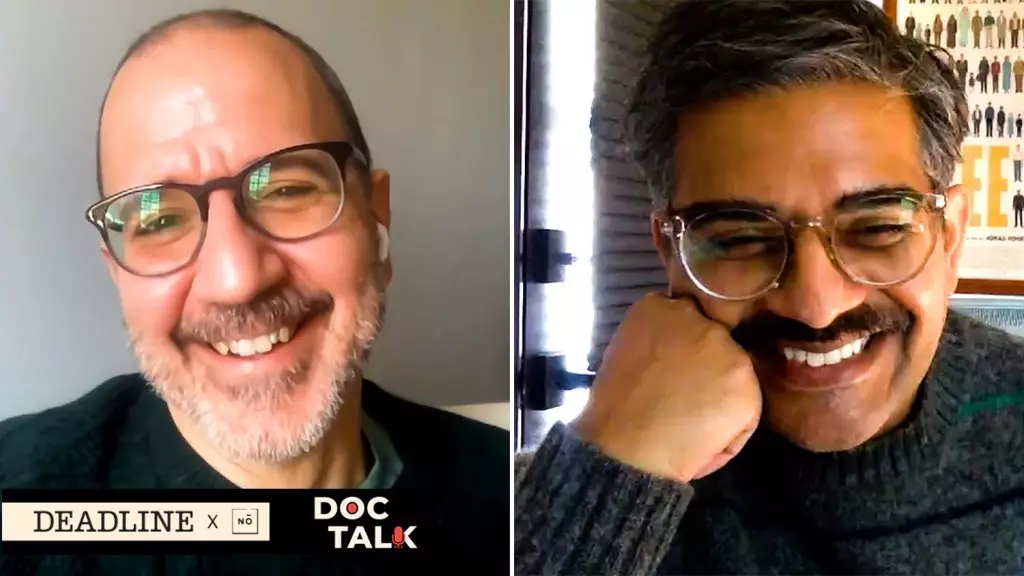In a matter of days, Park City, Utah, will be buzzing with energy as the Sundance Film Festival prepares to unfold its diverse and vibrant lineup of documentaries. Marking an essential calendar event for cinephiles and industry insiders, the festival not only showcases compelling storytelling but also highlights the critical issues of our time through the unique lens of nonfiction filmmaking. This year’s opening night promises a thrilling array of world-premiere documentaries, peppered with insights and revelations that challenge and captivate viewers.
Among the standout films debuting on the festival’s first night are works from two Academy Award winners: Ahmir “Questlove” Thompson and Mstyslav Chernov. Questlove’s “Sly Lives!”—informally branded as “The Burden of Black Genius”—looks to delve into the legacy and impact of its subject, mixing the realms of music and culture to reflect the experiences of Black artists. In contrast, Chernov’s “2000 Meters to Andriivka” aims to tug at viewers’ heartstrings by exploring the nuances of war and its personal ramifications. The anticipation surrounding these films underscores how important documentaries are in framing contemporary narratives.
One intriguing addition to the lineup is the film “The Stringer,” directed by Bao Nguyen. This film has already stirred considerable controversy before its official premiere due to the enigmatic details surrounding its content. The festival programmers, Basil Tsiokos and Sudeep Sharma, have expressed their excitement yet caution over the film, which is thought to revolve around a notorious photograph that significantly influenced public perception during a turbulent chapter in American history. The ability to generate discussion before an official screening highlights the continuing evolution of documentaries as a means of storytelling, balancing between provocation and education.
Sundance is recognized for amplifying voices and sparking important conversations, particularly around social justice. One such film earmarked for potential buzz is Geeta Gandbhir’s “The Perfect Neighbor,” which documents a deeply troubling incident in Ocala, Florida—a white woman’s shooting of her Black neighbor, unfolding through the lens of police body cam footage. Such raw, visual storytelling fosters not only empathy but also critical dialogue surrounding race relations in America today.
In addition, “Predators,” directed by David Osit, divulges the impact of the Dateline NBC series “To Catch a Predator,” investigating the cultural repercussions created by its sensationalist approach to crime. This documentary along with others curated for the festival represents a shift in viewers’ expectations; audiences are increasingly seeking deeper narratives that reveal systemic issues rather than simply entertaining.
As the festival gears up, anticipation builds not only for the films themselves but for the conversations they will provoke. With a mix of established filmmakers and new voices, this year’s nonfiction slate at Sundance promises to challenge perceptions and highlight the power of storytelling in shaping societal narratives—an essential endeavor in today’s complex world. The festival, which runs through early February, stands as a premier platform for these stories, highlighting varied experiences and perspectives through the powerful medium of documentary filmmaking.


Leave a Reply